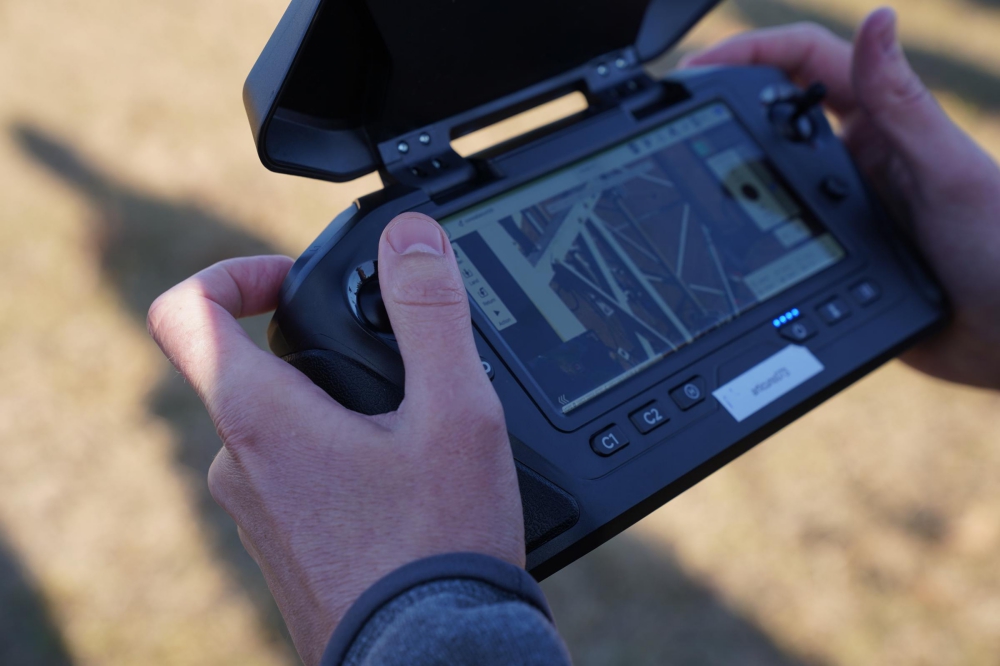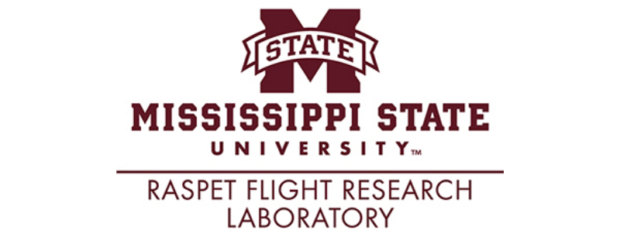(MSU) has once again been tapped to lead a major uncrewed aircraft systems (UAS) research, testing and evaluation project on behalf of the U.S. Department of Homeland Security (DHS).
Homeland Security’s Office of Procurement Operations, on behalf of the DHS Science and Technology Directorate (S&T), has awarded MSU a five-year contract with a funding ceiling of $18.7 million, including approximately $4 million in funding awarded in Fiscal Year 2022. MSU’s Raspet Flight Research Laboratory, a national leader in UAS research, will spearhead the effort. Under the new contract with DHS, MSU will continue to scout, evaluate and test emerging UAS technologies. MSU has also been tasked with developing a cost-effective prototype UAS that is customized specifically for DHS needs and incorporates capabilities beyond what is currently available. Another early initiative in the partnership is to conduct cybersecurity vulnerability assessments for UAS aircraft.
MSU resources in high-performance computing, cybersecurity, advanced materials and remote sensing, among other areas, will complement the project to enhance outcomes for DHS.
“This project is a great example of how MSU can leverage internal strengths and external relationships to deliver full solutions in support of national security,” said MSU Vice President for Research and Economic Development Julie Jordan. “It is also a testament to the excellent work being done every day at Raspet Flight Research Laboratory and the value the center has provided in MSU’s previous work with the Department of Homeland Security. This award is a major win for MSU and the state as we continue to see the benefits of Mississippi being a hub for UAS research and development.”
MSU was selected in 2017 to lead Homeland Security’s Common UAS Test Site in conjunction with multiple Magnolia State partners. As part of this partnership, MSU provides UAS testing, evaluation and full-scale exercise capabilities for more than two dozen simulated security threat scenarios such as disaster relief, highway and rail accidents, border protection and hazardous material spills.

Tom Brooks, Raspet director, said he is excited to see the lab’s capabilities and partnerships continue to grow, which enhances opportunities for students and researchers on campus.
“We have one of the largest and most sophisticated UAS fleets of any university in the country to go along with a great team and the ability to fly UAS over thousands of square miles of unique terrain,” Brooks said. “This project will help our government partners evaluate and ultimately implement the next generation of UAS technologies, something that I am proud for MSU and Raspet to be a part of.”
MSU has a distinguished history of UAS research and development initiatives. The university was selected to lead the Federal Aviation Administration’s (FAA’s) UAS Center of Excellence for UAS Research, or ASSURE, in 2015 to provide the agency with the academic research, data and support needed to safely integrate UAS into the national airspace system. In 2020, Raspet was designated as the FAA’s UAS Safety Research Facility, placing the research center at the helm of studying and developing UAS safety and certification standards. In addition to federal agencies, Raspet conducts research on behalf of industry partners, helping grow Mississippi’s aerospace sector.
Source: Press Release

